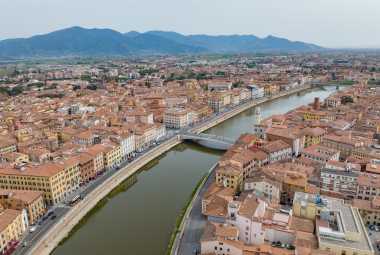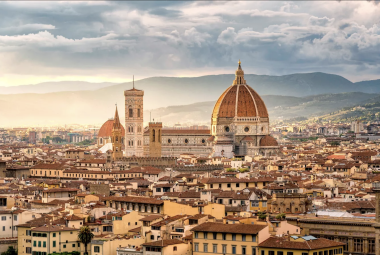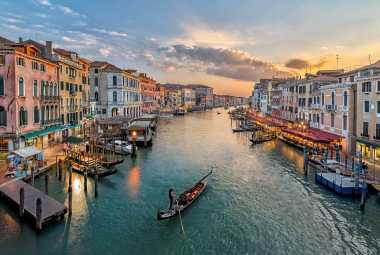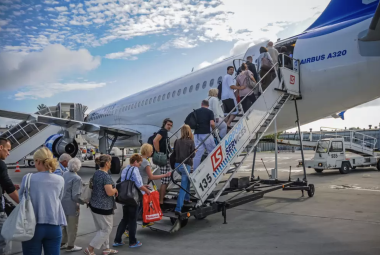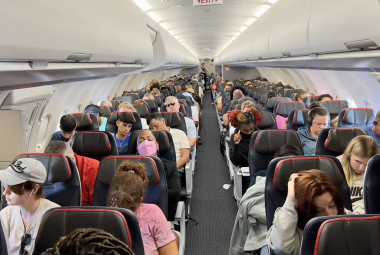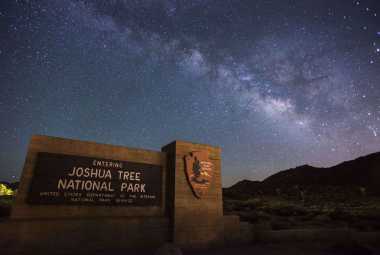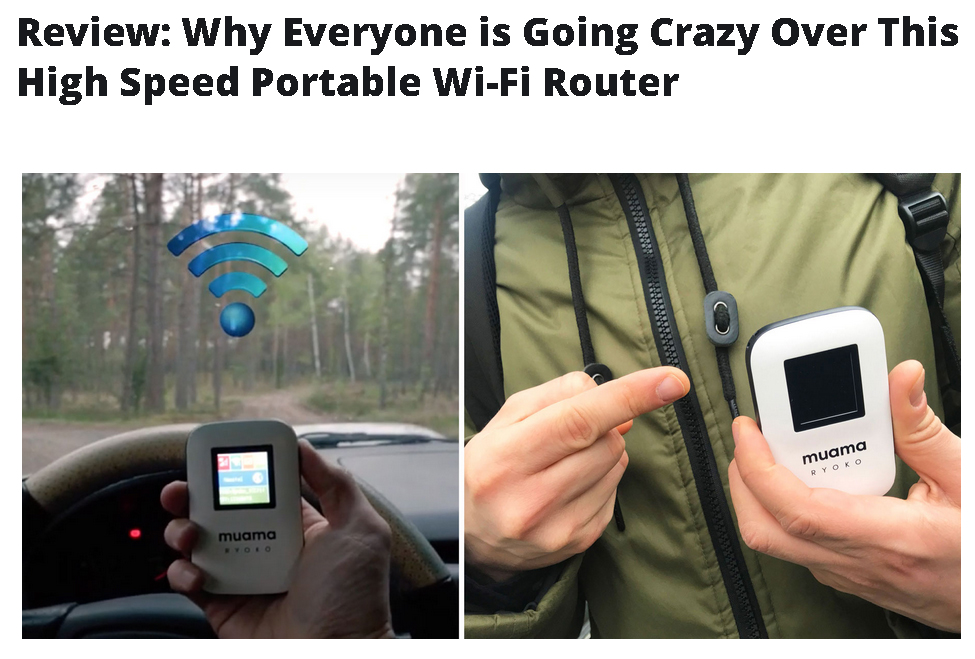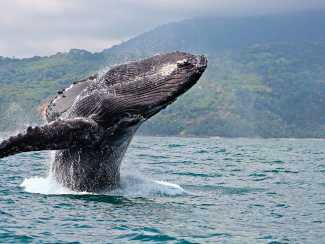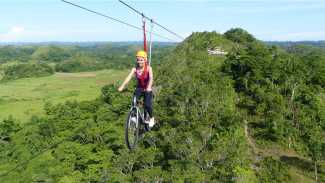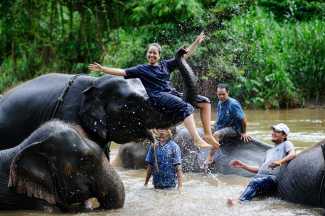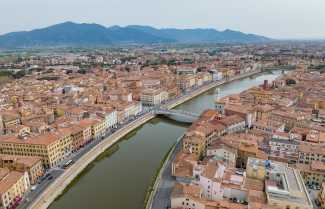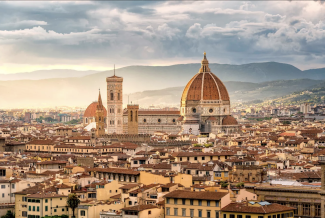Image by ALESSANDRA AMODIO/TRAVEL+LEISURE
*Vacation Mode is a for-profit site. It contains paid banner advertisements that are generated and managed by a third-party network. This site also includes relevant affiliate links (both in the content and on the sidebar) all of which we do our best to clearly mark as such.
Introduction to Slow Traveling
Slow traveling is more than just a method of travel; it's a philosophy. This approach prioritizes depth over breadth, allowing travelers to immerse themselves in local cultures and environments. The concept has gained popularity as people seek more meaningful and sustainable ways to explore the world.
The Philosophy Behind Slow Travel
At its core, slow traveling emphasizes connection—with local cultures, traditions, and the environment. It encourages travelers to absorb the nuances of their destinations, fostering a greater appreciation and understanding of the world.
Comparing Slow and Fast Travel
Slow travel differs significantly from conventional fast-paced tourism. It's not just about seeing a place; it's about experiencing it. This approach has been shown to enhance well-being, providing a more relaxed and enriching journey.
Benefits of Slow Travel
Engaging in slow travel allows for deeper connections with destinations, offering personal growth and promoting mindfulness. Travelers often find themselves more attuned to their surroundings and experiences.
Practical Tips for Slow Travelers
To embrace slow travel, careful planning is key. Selecting destinations that resonate with your interests and values is crucial. It's about quality, not quantity.
Accommodation and Transportation in Slow Travel
Choosing sustainable accommodation and transportation options is essential for slow travelers. These choices often lead to more immersive and authentic local experiences.
Cultural Immersion and Local Interaction
Engaging with local communities is a cornerstone of slow travel. Participating in local activities and learning from the locals enriches the travel experience.
Slow Travel in Different Geographies
Slow travel can be embraced in both urban and rural settings. Each geography offers unique experiences, from the tranquillity of the countryside to the vibrancy of city life.
Budgeting for Slow Travel
Slow travel doesn't have to be expensive. With the right strategies, travelers can find a balance between affordability and quality experiences.
Challenges and Misconceptions of Slow Travel
Like any travel style, slow travel comes with its challenges. However, overcoming these obstacles is part of the journey, and many common misconceptions can be easily debunked.
Technology and Slow Travel
While technology can be a valuable tool for slow travelers, finding the right balance between staying connected and disconnecting is crucial for a genuine experience.
Personal Stories and Experiences
The transformative experiences of slow travelers often provide valuable insights and inspiration. These stories highlight the profound impact of traveling slowly.
Future of Slow Travel
The future of slow travel looks promising, with trends pointing towards more sustainable and mindful tourism practices.
Resources and Communities for Slow Travelers
A variety of resources, including books, blogs, and communities, are available to assist slow travelers in their journeys. These resources offer support and connection with like-minded individuals.
Conclusion and Final Thoughts
Slow traveling is more than a trend; it's a meaningful approach to exploring the world. It encourages travelers to take their time, to absorb and reflect, ultimately leading to a more fulfilling travel experience.
FAQs After Conclusion
-
What is the basic principle of slow travel?
- The basic principle of slow travel is to take the time to immerse oneself in the local culture, environment, and experiences of a destination, rather than rushing through it.
-
Can slow travel be affordable?
- Yes, slow travel can be quite affordable. It often involves cost-effective strategies like longer stays, which can reduce overall expenses.
-
How does slow travel impact local communities?
- Slow travel positively impacts local communities by promoting deeper cultural exchange and often supporting local economies more directly.
-
Can I practice slow travel in busy cities?
- Absolutely! Slow travel can be practiced anywhere, including in busy cities, by taking time to explore neighborhoods, engage with locals, and appreciate the city's rhythm.
-
Are there any resources to help plan a slow travel trip?
- Yes, there are many resources available, including books, blogs, travel communities, and online forums dedicated to slow travel.


